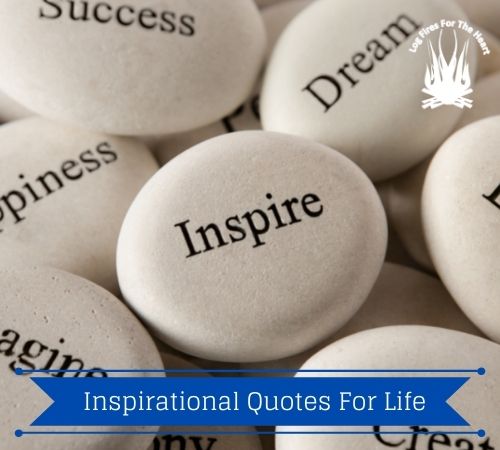Gerald Jampolsky’s profound words highlight a critical truth: forgiveness is not just about releasing others from their wrongdoings but, more importantly, about freeing ourselves from the burden of past hurts. Forgiveness is an act of liberation—it allows us to stop being defined by the pain or resentment we’ve carried from previous experiences. By letting go of the past, we make space for healing, peace, and growth.

Forgiveness means letting go of the past………… Gerald Jampolsky
It’s often seen as a gift we give to others, but Jampolsky invites us to see it as a powerful choice for our well-being. Letting go of past hurts doesn’t mean condoning or forgetting the wrongdoings—it means choosing to release their hold on us so we can live fully in the present and future.
An Inspiring Example: Nelson Mandela’s Extraordinary Act of Forgiveness

Nelson Mandela’s life is a powerful testament to the transformative power of forgiveness. As one of the most revered figures in modern history, Mandela’s journey from prisoner to president is not only a story of resilience and leadership but also a profound example of how forgiveness can heal individuals and nations alike.
A Legacy of Struggle
Mandela’s fight against apartheid—the brutal system of racial segregation and oppression in South Africa—began long before he was imprisoned. As a young lawyer and activist, he stood at the forefront of the African National Congress (ANC), advocating for the rights of South Africa’s Black majority who had been systematically stripped of their dignity, freedom, and opportunities. His efforts, which included leading protests and acts of defiance, made him a target for the apartheid government.
In 1962, Mandela was arrested and later sentenced to life imprisonment on charges of sabotage and conspiracy to overthrow the government. For 27 years, he was confined to the harsh conditions of Robben Island and other prisons. During his time in captivity, he endured physical labor, isolation, and mistreatment—all while knowing that the system he opposed continued to oppress millions.
The Choice to Forgive
When Mandela was finally released in 1990, many expected him to emerge bitter, seeking vengeance for the injustices he and his people had suffered. But Mandela’s vision for South Africa went far beyond retribution. He understood that harboring anger and hatred would not only consume him but also prevent the healing his country so desperately needed.
Mandela chose forgiveness—not as a sign of weakness, but as an act of immense strength. He realized that by letting go of the pain and bitterness of the past, he could create space for reconciliation and build a foundation for unity. His forgiveness was not just for his oppressors but for the greater good of South Africa’s future.
As Mandela famously said, “Resentment is like drinking poison and then hoping it will kill your enemies.” He refused to let the poison of resentment dictate his actions. Instead, he channeled his energy into fostering understanding and cooperation between South Africa’s divided communities.
Reconciliation and Leadership
Mandela’s commitment to forgiveness became the cornerstone of his presidency. After being elected as South Africa’s first Black president in 1994, he prioritized reconciliation between the country’s racial groups. He established the Truth and Reconciliation Commission (TRC), which sought to uncover the atrocities committed during apartheid and provide a platform for victims and perpetrators to share their stories. The TRC emphasized restorative justice, aiming to heal wounds through acknowledgment and accountability rather than punishment alone.
Another iconic moment was when Mandela donned the jersey of South Africa’s predominantly white rugby team, the Springboks, during the 1995 Rugby World Cup. At the time, the Springboks were seen as a symbol of apartheid oppression. Mandela’s gesture of support not only united the nation behind a common cause but also showed that forgiveness could bridge even the deepest divides.
A Lasting Legacy
Mandela’s decision to forgive did not erase the pain of apartheid, nor did it excuse the actions of those who enforced it. Instead, it allowed South Africa to move forward without being paralyzed by the bitterness of its past. His leadership demonstrated that forgiveness is not about forgetting or condoning wrongdoing—it is about freeing oneself from the burden of hatred and creating the conditions for a better future.


